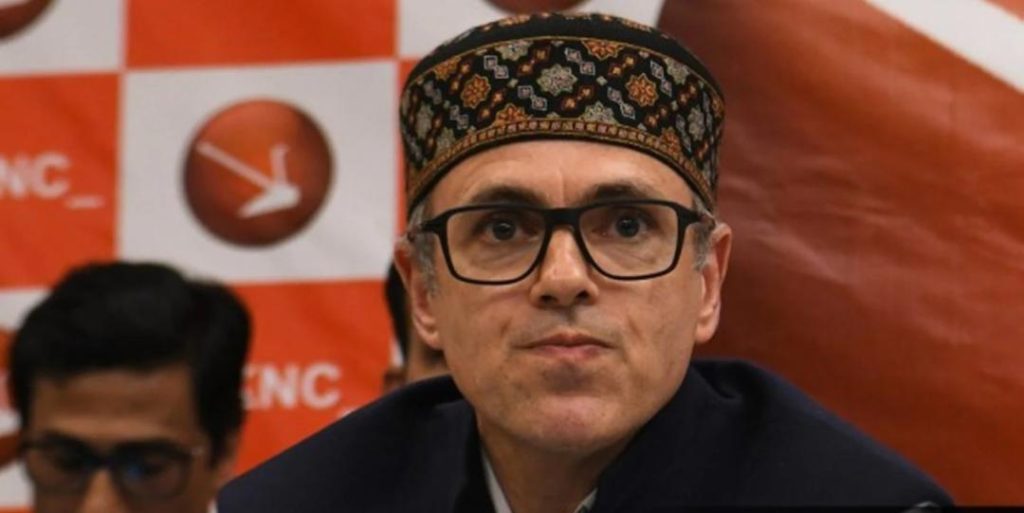
Pahalgam has not stalled J&K statehood talks: CM Omar Abdullah
The recent attack on a tourist bus in Pahalgam, Jammu and Kashmir, on April 22 has sent shockwaves across the region. The incident has left many wondering if it would stall the ongoing conversation around Jammu and Kashmir’s statehood restoration. However, Chief Minister Omar Abdullah has come out to reassure that the attack has not stalled the conversation, and that he has continued to raise the issue with the central government.
In a recent interview, Omar Abdullah stated that he had raised the issue of Jammu and Kashmir’s statehood restoration at the recent NITI Aayog meeting. He emphasized that the attack in Pahalgam was a tragic incident, but it did not mean that the conversation around statehood had come to a halt.
The chief minister’s statement comes at a time when there have been growing concerns about the future of Jammu and Kashmir’s statehood. The state has been under special governance since the abrogation of Article 370 in August 2019, which granted it special autonomy. The move led to widespread protests and agitation, with many calling for the restoration of the state’s autonomy.
Omar Abdullah, who has been a vocal advocate for Jammu and Kashmir’s statehood, has been pushing for the restoration of the state’s autonomy. In his recent statement, he emphasized that he was unwilling to use the Jammu and Kashmir assembly’s special session to discuss statehood.
“But that does not mean the conversation has stopped,” he said. “I have raised the issue at the NITI Aayog meeting, and I will continue to raise it until we get a positive response from the central government.”
The chief minister’s statement has been seen as a significant development in the ongoing conversation around Jammu and Kashmir’s statehood. Many political analysts have argued that the central government’s move to abrogate Article 370 has been a major setback for the state’s autonomy.
The Pahalgam attack has also raised concerns about the security situation in the state. The incident has left many wondering if the state is prepared to handle such attacks, and if the government is doing enough to ensure the safety of its citizens.
In his statement, Omar Abdullah also emphasized the need for the central government to take concrete steps to ensure the state’s security. He urged the government to provide adequate resources and support to the state’s security forces to enable them to effectively deal with such attacks.
The chief minister’s statement has been welcomed by many in the state who are opposed to the central government’s move to abrogate Article 370. Many have argued that the state’s autonomy is essential for its development and growth, and that the central government’s move has been a major setback for the state.
However, not everyone is convinced by the chief minister’s statement. Some have argued that the attack in Pahalgam has indeed stalled the conversation around Jammu and Kashmir’s statehood, and that the state’s security situation is too fragile to allow for such discussions.
Despite the protests and concerns, Omar Abdullah remains committed to pushing for Jammu and Kashmir’s statehood restoration. In his statement, he emphasized his commitment to fighting for the state’s autonomy and to ensuring that the state’s interests are protected.
As the conversation around Jammu and Kashmir’s statehood continues, it remains to be seen what the future holds for the state. Will the central government be willing to restore the state’s autonomy, or will it continue to maintain its current stance? Only time will tell.






